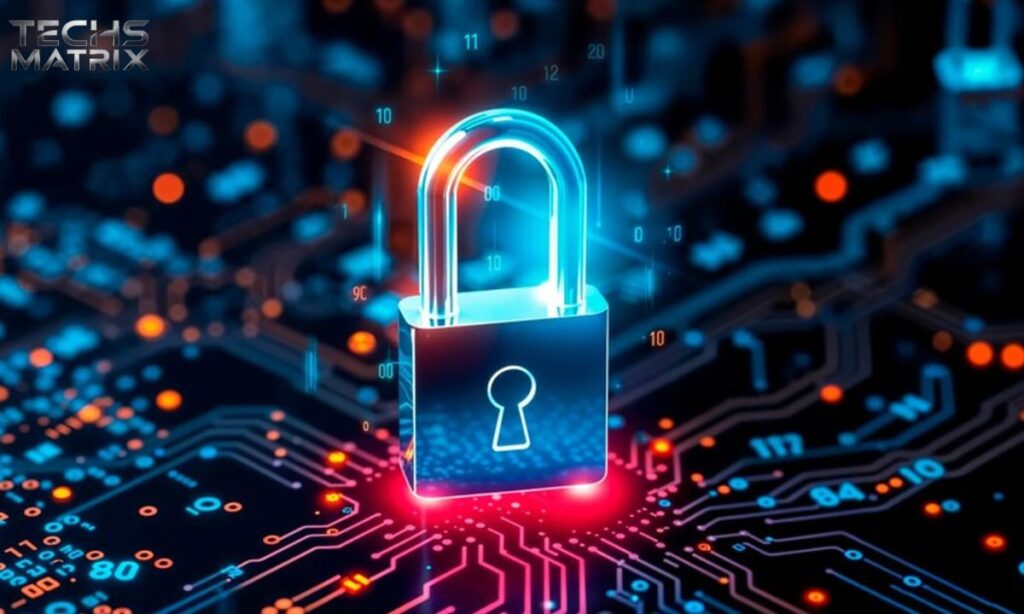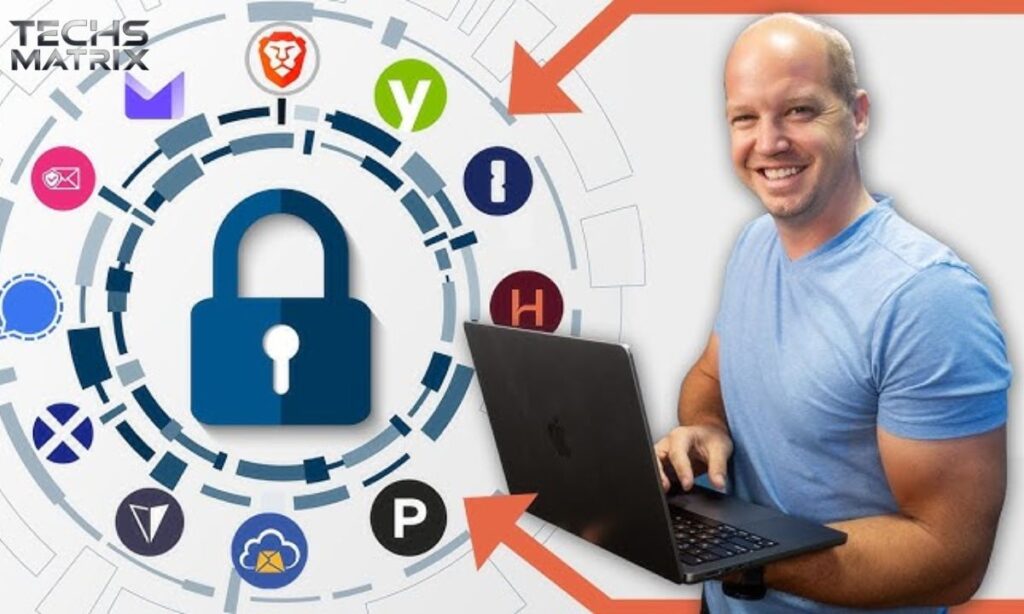In our increasingly digital world, privacy is a major concern for everyone. With the rise of data breaches, individuals are becoming more aware of the importance of protecting their personal information. One alarming trend is the emergence of sites like Thejavasea.me Leaks AIO-TLP, which expose sensitive data.
The thejavasea.me Leaks AIO-TLP platform is notorious for leaking information, including passwords and financial details. This data exposure can lead to serious consequences for individuals and businesses alike. Understanding the risks associated with such leaks is crucial for safeguarding your online presence.
What is Thejavasea.me Leaks AIO-TLP?
Thejavasea.me Leaks AIO-TLP is a website known for leaking a variety of sensitive data. This data can range from personal identifiers to financial information. The acronym AIO-TLP stands for “All-In-One Threat Level Protocol,” highlighting the comprehensive nature of the threats it presents.
The presence of such a platform is alarming. Individuals and organizations risk falling victim to identity theft, fraud, and other malicious activities. Exposure of personal data can lead to severe consequences, including financial loss and reputational damage.
Understanding what Thejavasea.me Leaks AIO-TLP entails is crucial for individuals concerned about their privacy. Awareness is the first step toward implementing protective measures to mitigate potential risks.
The Risks Associated with Data Leaks
Data leaks can lead to devastating consequences for individuals and businesses. One significant risk is identity theft, where personal information is used unlawfully. Hackers can impersonate individuals, leading to unauthorized transactions and financial chaos.
Another major concern is financial loss. When sensitive financial data is leaked, hackers can access bank accounts or credit cards. This can result in significant monetary damage, often difficult to recover from.
Additionally, data leaks can severely impact reputation. For businesses, a breach can lead to a loss of customer trust. Legal repercussions may follow, especially if regulations like GDPR are violated. Organizations must recognize the risks associated with data exposure.
Phishing Attacks
Phishing attacks often stem from data leaks. Hackers can use leaked information to craft convincing messages. These messages can trick victims into revealing further sensitive data, such as passwords or Social Security numbers.
Read This Blog: Cute:dvql5n9v310= Fish: A Dive into the World of Aquarium Beauties
How to Protect Yourself From Leaks?

Protecting your personal information is vital in today’s digital landscape. Here are some proactive measures you can take to safeguard your data from leaks:
1. Change Your Passwords Regularly
Changing your passwords frequently is a simple yet effective way to enhance security. If you suspect that an account has been compromised, update your password immediately. Ensure each platform has a unique password that combines letters, numbers, and symbols.
Using strong and varied passwords significantly reduces the risk of unauthorized access. A password manager can help you manage multiple passwords securely, making it easier to maintain unique credentials for each account.
2. Enable Two-Factor Authentication (2FA)
Enabling two-factor authentication (2FA) adds an extra layer of security. Even if someone obtains your password, they will need a second form of verification to access your account. This could be a code sent to your phone or email.
Most online services now offer 2FA. Activating this feature is highly recommended, as it significantly reduces the chances of unauthorized access to your accounts.
3. Monitor Your Accounts for Unusual Activity
Consistently monitoring your financial accounts is crucial. Regularly check bank statements and online transactions for any unauthorized activity. If you notice suspicious transactions, report them to your financial institution immediately.
Setting up transaction alerts can help you stay informed about your account activity. This proactive approach enables you to catch potential issues early, minimizing the impact of unauthorized access.
4. Use a Password Manager
A password manager can simplify managing your passwords. These tools securely store and retrieve your passwords, allowing you to use unique, strong passwords for each account without needing to remember them all.
Many password managers also monitor for breaches, alerting you if any of your stored passwords are compromised. This added layer of security is invaluable in today’s digital age.
5. Update Your Software and Devices
Regularly updating your software and devices is essential for maintaining security. Updates often include patches for vulnerabilities that hackers could exploit. Neglecting updates can leave your system open to attacks.
Ensure that your operating system, antivirus software, and applications are always current. This ongoing maintenance is key to protecting your data from potential breaches.
Privacy Tools to Enhance Your Security

In addition to basic security measures, various tools can further protect your privacy online. These tools add extra layers of defense against potential threats.
1. Virtual Private Network (VPN)
A VPN is a powerful tool for securing your internet connection. It encrypts your data, making it difficult for anyone to monitor your online activities. This is especially important when using public Wi-Fi networks, which can be vulnerable to attacks.
By using a VPN, your real IP address is hidden, providing an additional layer of anonymity while browsing the web. This makes it more challenging for hackers to track your online behavior.
2. Antivirus and Anti-Malware Software
Installing antivirus and anti-malware software is essential for protecting your devices. These programs can detect and remove malicious software that may compromise your data. Regular updates ensure that they can defend against the latest threats.
Some antivirus solutions also offer firewall protection, which monitors your internet traffic for suspicious activity. This can help prevent unauthorized access to your devices and data.
3. Encrypted Messaging Apps
Using encrypted messaging apps like Signal or WhatsApp can safeguard your communications. These apps utilize end-to-end encryption, ensuring that only you and the recipient can read the messages. This is critical for maintaining privacy in your conversations.
Opt for encrypted messaging instead of standard SMS or email to enhance your security. This simple change can significantly reduce the risk of your messages being intercepted.
4. Secure Cloud Storage
When using cloud storage, select a provider that offers encryption services. This ensures that even if hackers gain access to the storage server, they cannot read your files without the decryption key. Services like Google Drive and Dropbox provide various security features.
Storing sensitive documents in an encrypted format offers peace of mind, knowing that your data is protected even in the cloud. Always prioritize security when choosing a cloud storage provider.
Read This Blog: Ztec100.com: Revolutionizing the Future of Technology
The Impact of Thejavasea.me Leaks AIO-TLP on Businesses
The risks of data leaks extend beyond individuals to businesses and organizations. Companies face substantial consequences when sensitive information is exposed. This can result in financial losses and reputational damage that can take years to recover from.
Data breaches can also lead to legal repercussions. Organizations may face fines if they fail to comply with regulations like GDPR, which mandates the protection of consumer information. It is essential for businesses to recognize the importance of data security.
To mitigate these risks, businesses must implement robust cybersecurity measures. These measures can include regular security audits and employee training. Educating staff about potential threats is crucial for maintaining a secure environment.
Frequently Asked Questions
What is Thejavasea.me Leaks AIO-TLP?
Thejavasea.me Leaks AIO-TLP is a website that leaks sensitive data, including passwords and financial information, posing serious privacy risks.
How can I protect my data from leaks?
To protect your data, change your passwords regularly, enable two-factor authentication, and monitor your financial accounts for unusual activity.
What should I do if I discover my data has been leaked?
If your data has been leaked, change your passwords immediately, freeze affected accounts, and keep an eye on your financial activities.
What are some tools to enhance my privacy?
Using a VPN, antivirus software, encrypted messaging apps, and secure cloud storage can significantly enhance your online privacy and security.
How can businesses protect themselves from data breaches?
Businesses should conduct employee training, perform regular security audits, and implement encryption to safeguard sensitive client information.
Conclusion
In conclusion, Thejavasea.me Leaks AIO-TLP highlights the critical importance of online privacy. As data breaches continue to rise, individuals must take proactive steps to protect their personal and financial information. Implementing measures such as changing passwords regularly, enabling two-factor authentication, and using privacy tools can help safeguard against potential leaks.
Remember that protecting your privacy is an ongoing process. Stay vigilant, keep your software updated, and continually assess your security measures. By doing so, you can navigate the digital landscape with confidence and protect yourself against the risks associated with data leaks.

Sallas: Tech-savvy professional with 5 years in the industry. Skilled in software development, cloud computing, and AI. Known for innovative solutions and teamwork.








